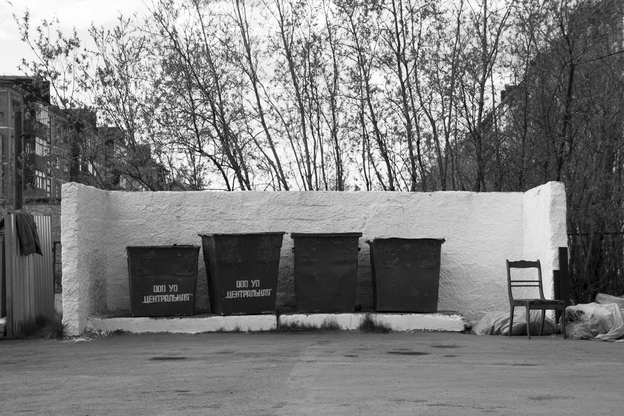
Commercial real estate (CRE) is an income-generating property used solely for business. It presents many opportunities and obstacles to investors. To be confident in navigating this dynamic landscape, it is vital to institute intelligent risk mitigation strategies. Adopting a continuous, multifaceted approach to protect investments and optimise yields is prudent.
Make informed decisions
Before any investment, including CRE, you must familiarise yourself with the market where you plan to invest. This may involve gaining a deeper understanding of various trends, regulations, and environmental factors. Information of this nature can be sourced from market insights, and it improves the decision-making process.
Market research should be an ongoing component of any risk mitigation strategy. One can keep up with the market and economic factors through newsletters, industry news, and webinars. This will give you the insights needed to continue to make informed decisions.
A thorough due diligence process
Performing rigorous due diligence is a vital aspect of risk management. The property’s health should be scrutinised. Rent prospects, possible expenses, and the maintenance history will all give a picture of its overall financial state. Throughout the due diligence process, it is important to keep a detailed record of the steps taken and their results. Additionally, an organised filing system is crucial.
Diversification helps spread your risk.
A common phrase in investing, “Don’t put your eggs all in one basket”, means not to invest all your money in one place. Diversification is an essential part of any risk mitigation strategy. By spreading your investment across different types of assets (e.g. real estate, bonds, and stocks) or geographies, you are protecting yourself from the risk of market movements affecting a single area. Investing in properties in locations can achieve this. Typically, a more varied investment portfolio ensures stability and protects against the impact of unforeseen events. Ultimately, this will create a more robust investment strategy and lower risk.
Choosing the proper financing structure
Banks and independent lenders provide CRE loans. Acquiring financing is critical to any venture, but ensuring the proper financing structure is just as important. When choosing a type of loan, your specific needs should be considered. Fixed-rate loans, for example, can shield you from increasing interest rates and provide more stability, reducing your investment’s sensitivity to market shifts.
The duration of the loan and how this aligns with your investment horizon is also necessary. Long-term loans typically involve smaller payments and higher total interest costs throughout the loan. On the other hand, short-term loans generally have larger monthly payments and lower total interest costs.
Protecting your asset
Property owners are advised to take out insurance through commercial insurance professionals to ensure they are covered should something go wrong. This could include property damage, liability claims, and business interruptions. Investors can protect their assets by protecting against these and other unforeseen events. In the dynamic world of CRE, purchasing a comprehensive insurance plan is a sensible decision as it covers possible financial losses and strengthens the overall resilience of the portfolio.
Finding trustworthy partners
CRE has many nuances, so it is beneficial to contact a team of experts to assist. As with all successful relationships, choosing the right partner is essential. Potential investors should look for companies with a strong reputation in the market. By collaborating with experienced professionals, individuals will gain important insights, making the intricate transaction process far more accessible.
As CRE has many regulations, it is essential to remain compliant throughout your journey to mitigate possible legal risks. To do so, consulting with professionals specialising in property law may be helpful. Beyond the initial purchasing process, their expertise is beneficial with contracts and disputes that could threaten to derail your real estate ventures.
Ongoing measures
Dealing with risk is an ongoing exercise that requires constant attention. Investors should continue to assess market movements, property conditions, and tenant stability. Proactively planning to address any issues that arise is crucial for long-term success. For example, property maintenance is critical. Regular upkeep can lessen the impact of repairs and keep the property attractive to tenants. This goes a long way to ensuring consistent occupancy and protects your investment.
In the dynamic world of CRE, risk mitigation is vital to the long-term success of your investment. An ongoing, systematic application of strategies such as due diligence, diversification, and finding the right partners will shield your assets. By strengthening your approach to risk mitigation, you create a more robust portfolio that can withstand unpredictability in the market.



 POSTED BY
POSTED BY 

